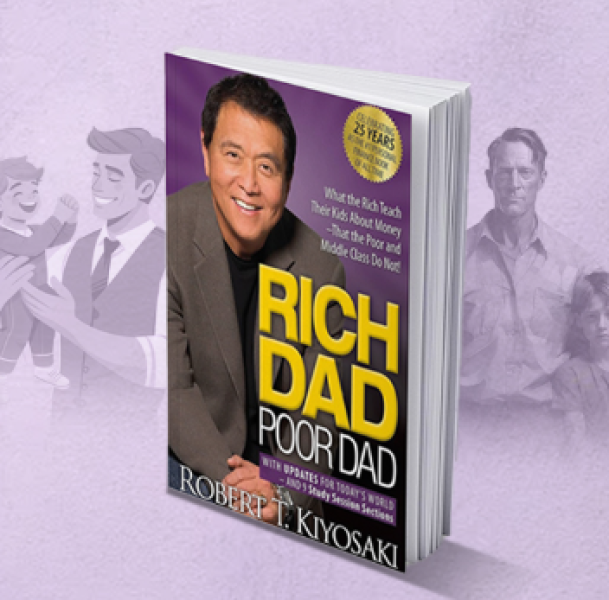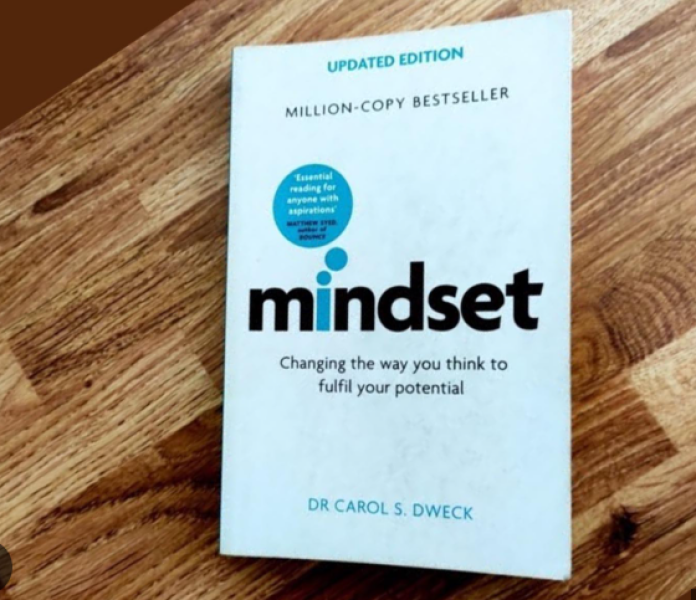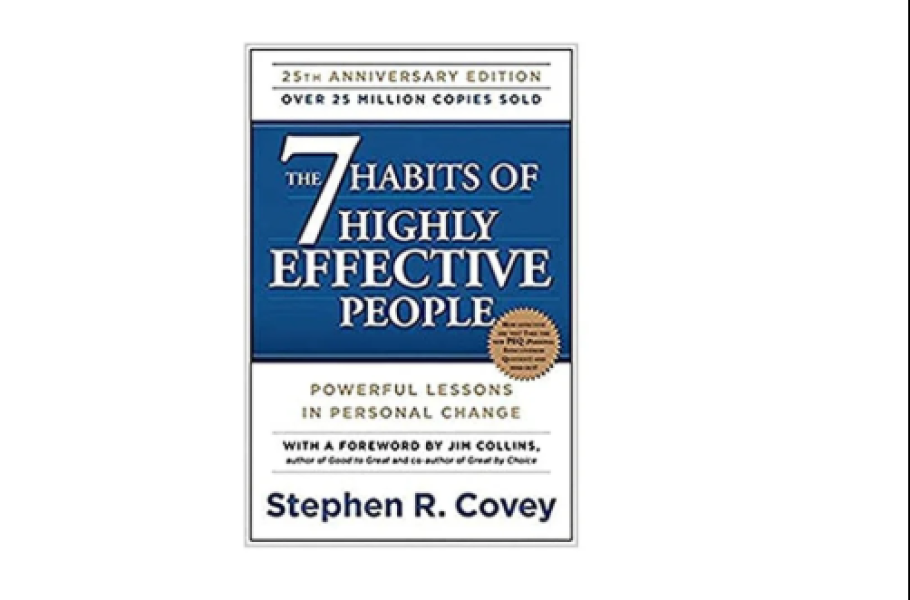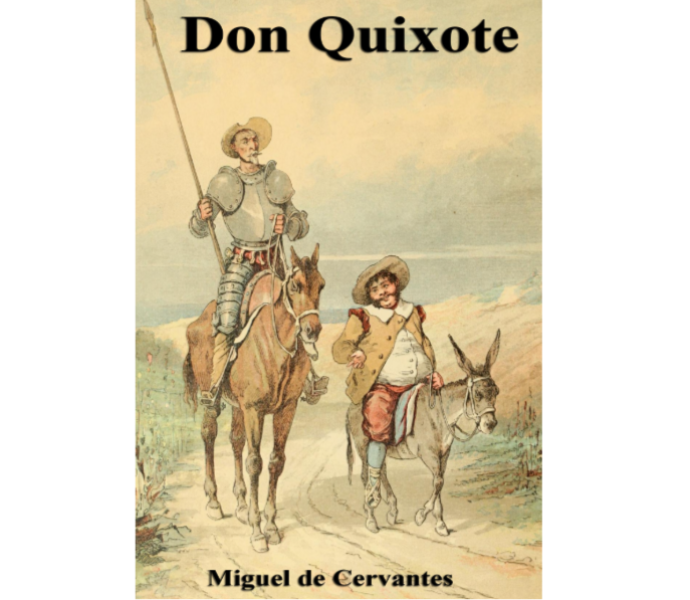Robert T. Kiyosaki’s Rich Dad Poor Dad is a personal finance classic that challenges traditional thinking about money, education, and career success. The author draws from his experiences with two father figures: his biological father (“Poor Dad”), who valued conventional education and job stability, and his mentor (“Rich Dad”), who taught him about entrepreneurship, investing, and wealth creation. Through this contrast, Kiyosaki illustrates how financial mindset shapes opportunities and long-term success.
A key takeaway from the book is the importance of financial education, which is often neglected in formal schooling. Kiyosaki stresses the value of assets over liabilities, encouraging readers to focus on building income-generating investments rather than relying solely on salaries. The book highlights the significance of financial independence, entrepreneurial thinking, and learning how money works. These lessons are communicated in a simple and relatable storytelling style, making complex financial concepts accessible to a broad audience.
Although some critics argue that the book oversimplifies certain investment strategies, its motivational impact cannot be denied. Rich Dad Poor Dad empowers readers to question traditional career paths and consider alternative ways of achieving financial freedom. It remains a powerful tool for reshaping financial habits and mindsets, inspiring millions to take control of their financial future. The book’s enduring popularity demonstrates its relevance for anyone seeking long-term security and prosperity.










